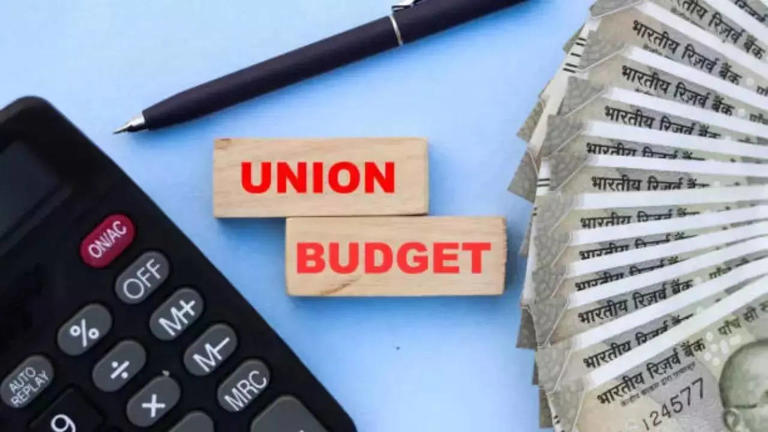Budget Day: A National Highlight
Every year, the Union Budget is one of the most anticipated events in India. Finance Minister Nirmala Sitharaman’s Budget speech on February 1, 2025, will outline the government’s financial plans, policies, and priorities for the coming year. But for the average citizen, decoding the Budget and its implications can be overwhelming. This guide breaks down the key documents to help you make sense of it all.
Key Budget Documents Explained
- Annual Financial Statement (AFS)
The AFS, often referred to as the backbone of the Budget, provides a summary of the government’s revenue and expenditure for the previous year and the projected figures for the upcoming fiscal year. Look for major allocations to sectors like healthcare, education, and defense here. - Finance Bill
The Finance Bill contains legislative proposals for implementing the financial policies outlined in the Budget. It includes changes in taxation and other fiscal measures that directly impact individuals and businesses. - Economic Survey
Released a day before the Budget, the Economic Survey provides a detailed analysis of the country’s economic performance over the past year. It offers valuable insights into GDP growth, inflation, and employment trends, setting the stage for the Budget’s focus areas. - Demand for Grants
This document lists the detailed estimates of expenditure for various ministries and departments. It’s crucial for understanding how the government plans to allocate funds across different sectors. - Expenditure Budget and Receipt Budget
While the Expenditure Budget focuses on how the government will spend money, the Receipt Budget highlights sources of revenue, including taxes, borrowings, and non-tax revenues.
How to Decode the Speech
During her Budget speech, Sitharaman will touch upon key reforms and allocations. Here’s how you can follow along:
- Focus on Highlights: Pay attention to announcements about income tax slabs, subsidies, and new welfare schemes.
- Understand Sectoral Allocations: Note which sectors get priority funding, as this reflects the government’s focus areas for development.
- Look for Growth Indicators: Keywords like “fiscal deficit,” “GDP growth,” and “public investment” will provide insights into the country’s economic trajectory.
Impact on You
Whether you’re a salaried individual, a small business owner, or an investor, the Budget has a direct impact on your financial decisions. Keep an eye on announcements related to tax reforms, savings incentives, and infrastructure investments that may influence your long-term goals.
Stay Updated
The government releases Budget documents on the Ministry of Finance website immediately after the speech. Many financial news portals also provide easy-to-understand summaries for quick reference.
By familiarizing yourself with these documents and focusing on key takeaways, you can better understand how the Union Budget 2025 will shape the nation’s future—and your finances.

